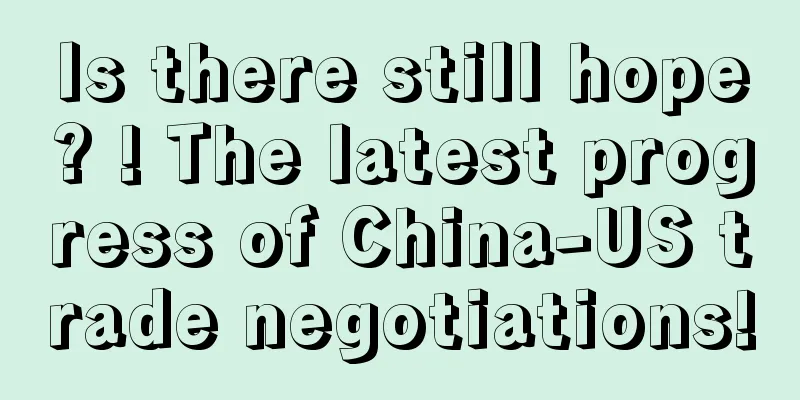Shein's IPO in the US has not yet been finalized, and the US Congress is making trouble again

|
It is learned that according to foreign media reports, on May 4, a group of 24 US congressmen and bipartisan representatives wrote to the US Securities and Exchange Commission, asking Shein to provide evidence that it did not use Xinjiang forced labor cotton, otherwise Shein would be banned from IPO in the United States.
Shein was valued at $64 billion in a private funding round set to close in April, down 33% from a year earlier. So far, Shein has never publicly talked about an IPO, but several media reports have said the company plans to list in the U.S. in the second half of this year.
In the letter, the lawmakers said there were "credible allegations" that Shein used low-wage labor in the Xinjiang Uyghur Autonomous Region and was suspected of falsifying slave labor reports at its partner factories, particularly those located in the region.
Shein responded that it takes its entire supply chain seriously and is committed to respecting human rights and complying with the laws and regulations in every market where it operates.
It is understood that the United States has always had forced labor allegations against Shein and passed the Uyghur Forced Labor Prevention Act in 2021. As of February, China's exports of textile raw materials and clothing fell 14.1% year-on-year amid the US crackdown, the Global Times reported in early April.
However, at the recent third session of the 133rd China Import and Export Fair (commonly known as the Canton Fair), cotton textile products from the Xinjiang region seemed unaffected by the US crackdown, with more than 100 domestic and foreign buyers signing intended transactions worth 570 million yuan (82.46 million US dollars).
Wang Jiang, an expert at the Institute of China Borderland Studies at Zhejiang Normal University, said that facts show that the abuse of financial hegemony and market dominance by the United States cannot prevent Xinjiang products from being sold to the market and entering the global market. Many of these customers are from Asian, African and Latin American countries, which are less affected by the so-called Uyghur Forced Labor Prevention Act (UFLPA) of the United States.
In addition, China's Xinjiang's cotton industry is upgrading to more efficient, more environmentally friendly products and larger-scale planting, which will ultimately make Xinjiang's products more competitive. Editor✎ Ashley/ Disclaimer: This article is copyrighted and may not be reproduced without permission. |
>>: Walmart, Target, Walgreens and Best Buy Ranked Among the Top 50 Companies in the United States!
Recommend
Shopify 2021 second quarter financial report released! Quarterly revenue exceeded the $1 billion mark for the first time!
<span data-shimo-docs="[[20,"获悉,本周三上午,加拿大电...
Attention sellers! Cloned link accounts have been shut down one after another, sellers have suffered heavy losses, and Prime Day flash sales are about to end
Recently, it is a sensitive period for Amazon'...
What is Erwei (Shenzhen) Information Consulting Co., Ltd.? Erwei (Shenzhen) Information Consulting Co., Ltd. Review
Erwei (Shenzhen) Information Consulting Co., Ltd.,...
What is Jollychic? Jollychic Review
Jollychic, a self-operated platform under Zhiyu, i...
VOVA purge? A large number of sellers’ products have been removed from the shelves and their accounts have been banned!
Amazon's account blocking has spread to most o...
A serial pig-killing scam was discovered! Using training as a gimmick to follow the sales?
In the past two years, Amazon's risk control p...
What is UMKA? UMKA Review
UMKA is one of the largest online shopping website...
Shenzhen Port was hit hard! Just now, Hong Kong officially implemented...
Recently, a piece of news has caused mainland shi...
What is Groupon? Groupon Review
Groupon was first established in November 2008, wi...
U.S. online grocery sales increased 18.7% year-on-year in December, with strong performance in the second half of the year
It is learned that on January 14, according to for...
What should I do if my Amazon listing becomes a failure?
Listing delisting means that the product suddenly ...
Good news! Japan site cancels shipping restrictions, how can sellers seize traffic in April?
It is learned that global e-commerce sales surged ...
USPS postpones implementation of 2022 non-standard package fees! Relax adjustment review time!
It is learned that according to foreign media repo...
Etsy announces second quarter 2022 financial report! 6 million new buyers!
<span data-docs-delta="[[20,"获悉,7月27日,Etsy...
What is New Boss Shoptago? New Boss Shoptago Review
Shoptago is a website building platform under Lian...









